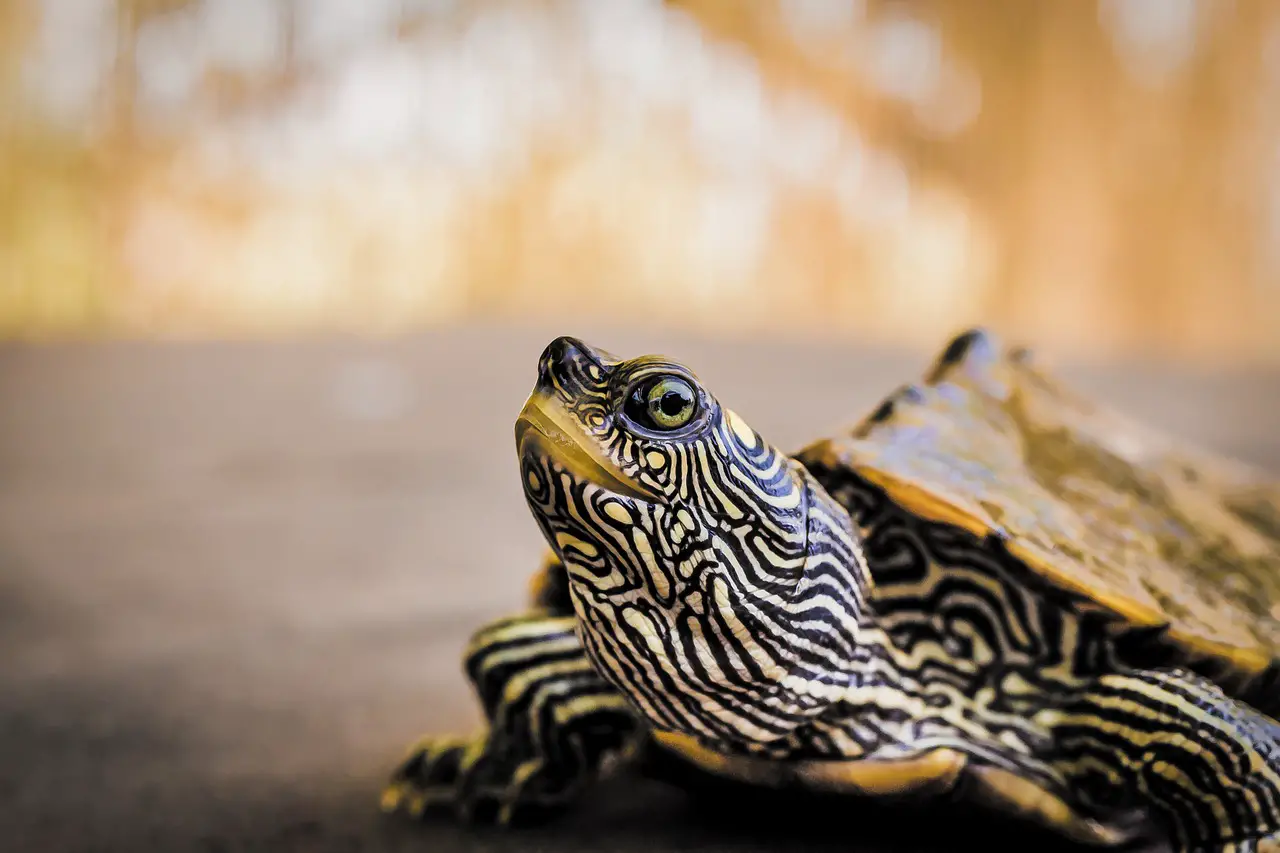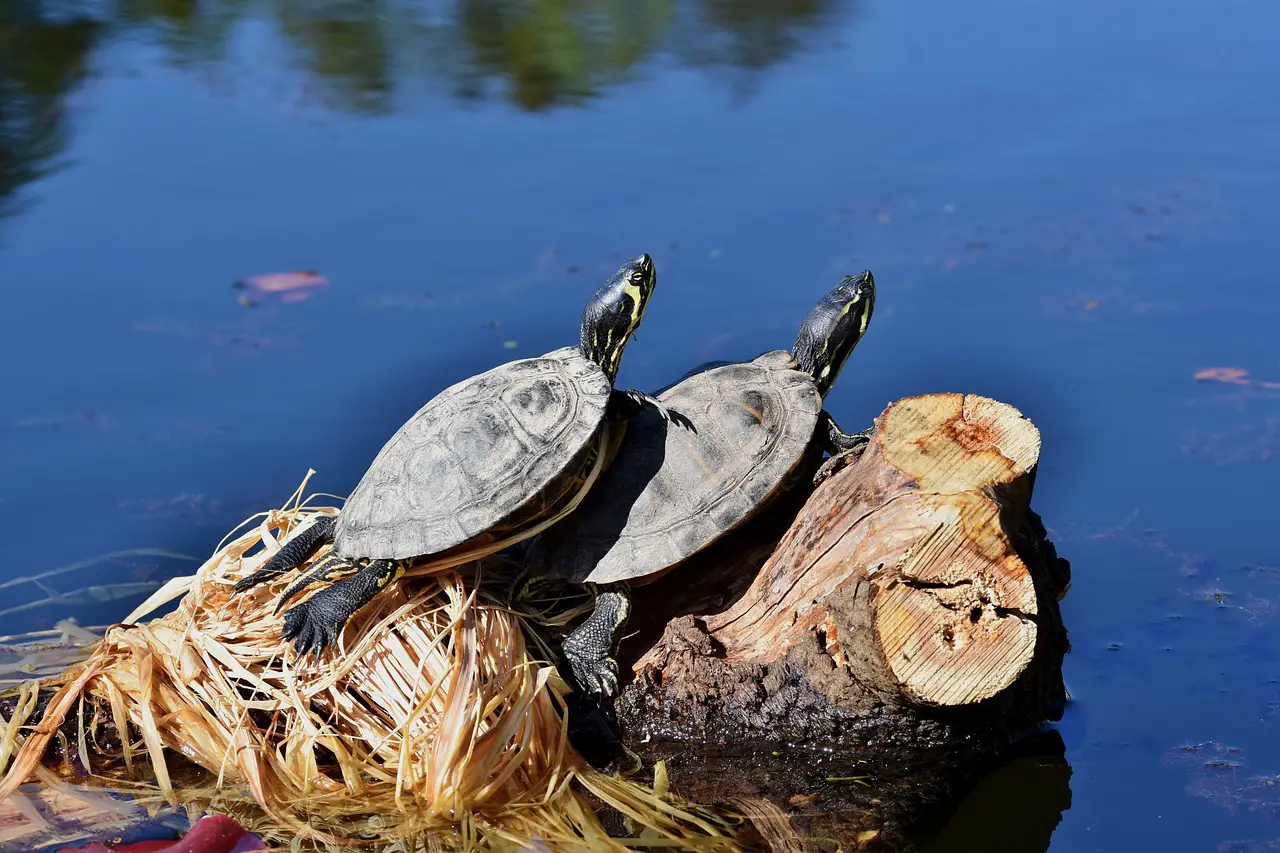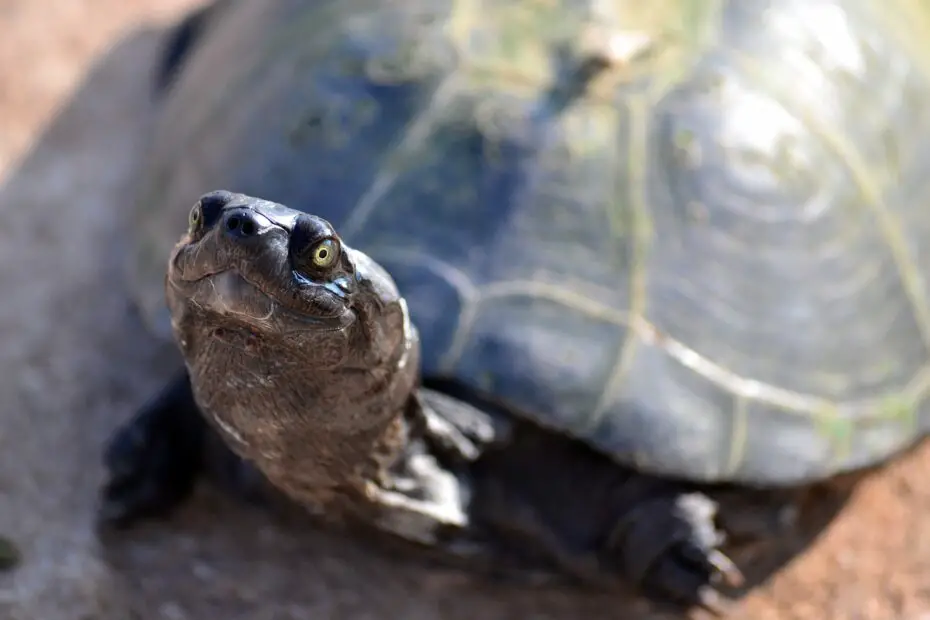Turtles are remarkable creatures that have captured our fascination for centuries. One intriguing aspect of turtles is their lifespan, which can vary significantly depending on various factors. In this article, we will explore the factors influencing the lifespan of a turtle, discuss the lifespans of common turtle species, and provide tips on enhancing the lifespan of pet turtles.
You may also want to know what turtles eat as a pet.
Factors Affecting Turtle Lifespan
Species Variations
The lifespan of turtles can vary greatly based on their species. Different turtle species have distinct biological characteristics and lifespans. Some species are known to have longer lifespans, while others may have comparatively shorter lifespans. It’s important to research the specific species of turtle you are interested in to understand their average lifespan.
Environmental Factors
The environment plays a crucial role in the lifespan of turtles. Turtles require a suitable habitat that mimics their natural conditions. Factors such as temperature, humidity, and access to clean water can significantly impact their overall health and longevity. Turtles kept in a well-maintained and appropriate environment tend to live longer.

Genetic Factors
Genetics also play a role in determining the lifespan of turtles. Just like in any other living organism, genetic factors influence the overall health, growth rate, and longevity of turtles. Some turtles may inherit genetic predispositions that affect their lifespan or make them more susceptible to certain diseases.
Diet and Nutrition
Proper diet and nutrition are essential for the health and longevity of turtles. Providing a balanced diet that includes a variety of foods is crucial. Turtles require a mix of vegetables, fruits, insects, and commercial turtle pellets to meet their nutritional needs. A well-nourished turtle is more likely to live a longer and healthier life.
Lifespan of Common Turtle Species
Red-Eared Slider
Red-eared sliders have an average lifespan of 20 to 40 years. With proper care and a suitable environment, some individuals can even live up to 50 years or more. These turtles are popular as pets and can make lifelong companions with proper care.
Box Turtle
Box turtles are known for their longevity, with some individuals living well over 50 years. Their lifespan can range from 30 to 50 years, and in some cases, they have been known to live up to 100 years. These turtles require specific care and an enriched environment to thrive.
Painted Turtle
Painted turtles have an average lifespan of 20 to 30 years. With proper care, these turtles can live for several decades. They are native to North America and are commonly kept as pets due to their vibrant shell colors and engaging behavior.
Snapping Turtle
Snapping turtles have the potential for a long lifespan, with some individuals living up to 50 years or more. Their lifespan can be influenced by factors such as habitat quality, nutrition, and predation risks. These turtles are known for their unique appearance and behavior.

Enhancing the Lifespan of Pet Turtles
While the lifespan of turtles is influenced by various factors, there are several steps you can take to enhance the lifespan of your pet turtle:
Proper Habitat and Tank Setup
Create a suitable habitat for your turtle that includes a spacious tank with appropriate water depth, a basking area, and a well-functioning filtration system. Maintain proper temperature and lighting conditions, and provide hiding spots and enrichment items to keep your turtle active and engaged.
Balanced Diet and Nutrition
Offer a well-balanced diet that includes a mix of commercial turtle pellets, fresh vegetables, leafy greens, and occasional protein sources. Avoid overfeeding and monitor your turtle’s weight to prevent obesity, which can lead to health issues.
Regular Veterinary Care
Schedule regular check-ups with a reptile veterinarian experienced in treating turtles. Routine examinations can help detect any underlying health conditions early on and ensure proper preventive care, such as vaccinations and parasite control.
Environmental Enrichment
Provide environmental enrichment to stimulate your turtle’s natural behaviors and mental stimulation. This can include introducing live plants, adding toys or objects for exploration, and creating opportunities for your turtle to exercise and interact with its environment.
Lifespan of a Turtle: Conclusion
Understanding the lifespan of turtles is essential for their proper care and longevity. Factors such as species variations, environmental conditions, genetics, and nutrition all play a role in determining the lifespan of these captivating creatures. By providing a suitable habitat, balanced diet, regular veterinary care, and environmental enrichment, you can enhance the lifespan of your pet turtle and enjoy their companionship for many years to come.
FAQs
- How long do turtles typically live in the wild?
- Turtles in the wild can have varying lifespans depending on their species and environmental conditions. Some wild turtles can live for several decades or even over a century.
- Can the lifespan of a turtle be influenced by its size?
- Generally, larger turtle species tend to have longer lifespans compared to smaller species. However, individual care, habitat conditions, and genetic factors also play significant roles.
- Do turtles have a maximum lifespan?
- While some turtle species have documented maximum lifespans, such as the Galapagos giant tortoise known to live over 100 years, the actual maximum lifespan of turtles is still a subject of ongoing research.
- Can turtles live longer in captivity than in the wild?
- Under proper care and suitable conditions, turtles can potentially live longer in captivity due to the absence of natural predators, controlled environment, and consistent access to food and medical care.
- Do turtles stop growing once they reach a certain age?
- Turtles continue to grow throughout their lives, although the growth rate may slow down as they age. Some turtles, like the giant tortoise, can exhibit significant growth even in their later years.
